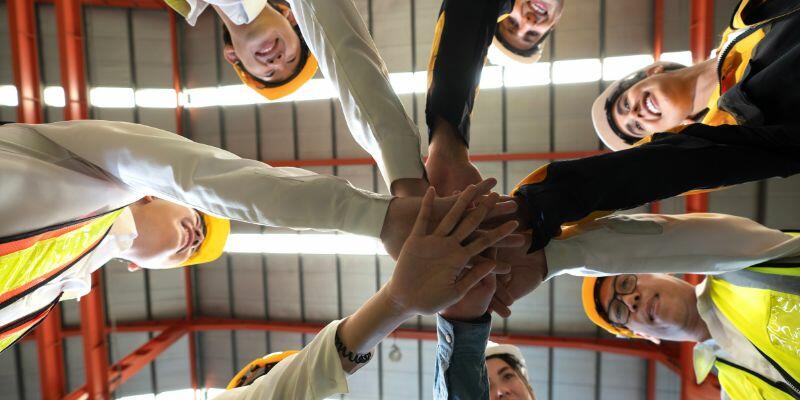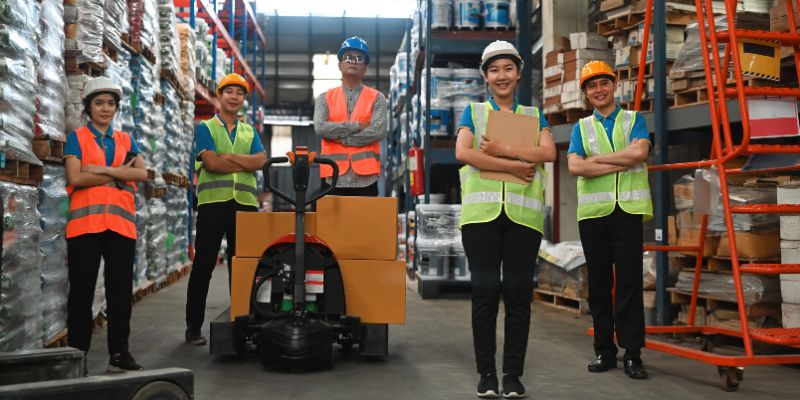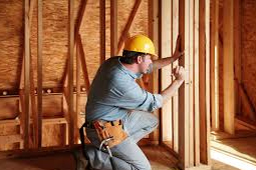Workers Compensation Insurance For Construction
Workers Compensation Insurance for Construction A Complete Guide for Construction Businesses
The construction industry is one of the most physically demanding and high-risk sectors in today’s workforce. From working at heights to operating heavy machinery, construction employees face hazards daily. Injuries can happen even on well-managed job sites, making insurance protection essential for both workers and employers.
Construction Workers Compensation Insurance provides financial and medical support to injured workers while protecting construction businesses from costly lawsuits and regulatory penalties. Whether you manage a small contracting company or oversee a large construction firm, understanding workers’ compensation coverage is critical for long-term success.

Why Workers’ Compensation Is Essential in Construction
Construction sites involve multiple trades, equipment, and environments that increase the likelihood of workplace injuries. Because of this risk, most states legally require employers to carry workers’ compensation coverage for construction workers.
Workers Comp Insurance for Construction Companies ensures that employees receive medical care and wage replacement after a work-related injury. In return, employers gain protection from employee injury lawsuits, helping maintain financial stability and business continuity.
Common Risks in the Construction Industry
Construction workers face a wide range of hazards that contribute to injury claims.
Common construction risks include:
- Falls from ladders, scaffolding, and roofs
- Injuries from power tools and heavy machinery
- Electrical shocks and burns
- Strains from lifting heavy materials
- Exposure to hazardous substances
Because of these risks, insurers classify construction as a high-risk industry and closely evaluate safety procedures and claims history.
What Does Construction Worker Compensation Coverage Include?
Construction Worker Compensation Coverage typically includes several important benefits designed to protect injured employees and their families.
Coverage usually provides:
- Medical treatment and hospital care
- Rehabilitation and physical therapy
- Temporary or permanent disability benefits
- Partial wage replacement during recovery
- Death benefits for surviving dependents
This coverage ensures workers receive support without facing financial hardship while they recover.
Who Needs Workers’ Compensation in Construction?
Any construction business with employees usually must carry workers’ compensation insurance. This includes general contractors, subcontractors, and specialty trades such as electricians, plumbers, roofers, and masons.
Even small construction companies may be required to maintain coverage. Sole proprietors and independent contractors may be exempt in some states, but many project owners still require proof of insurance before awarding contracts.

How Workers’ Compensation Premiums Are Calculated
Workers’ compensation premiums for construction companies depend on several factors related to risk exposure.
Key pricing factors include:
- Type of construction work performed
- Payroll size and employee count
- Job classifications
- Claims history
- Safety and training programs
High-risk trades often pay higher rates, but strong safety records can significantly reduce premiums over time.
Reducing Workers’ Compensation Costs in Construction
While construction insurance costs can be high, proactive risk management helps control expenses.
Effective cost-reduction strategies include:
- Implementing job-site safety programs
- Providing employee safety training
- Using protective equipment consistently
- Conducting regular safety audits
- Establishing return-to-work programs
Lower injury rates lead to fewer claims and long-term premium savings.
Independent Contractors vs Employees in Construction
Worker classification is a major issue in construction. Misclassifying employees as independent contractors can result in denied claims, audits, fines, and legal penalties.
True employees must be covered under workers’ compensation insurance. Proper classification protects both the worker and the business while ensuring compliance with labor laws.
Legal Requirements for Construction Businesses
Most states strictly enforce workers’ compensation laws in the construction industry. Penalties for non-compliance may include fines, stop-work orders, loss of licenses, and personal liability for medical costs.
Carrying Construction Industry Workers Comp Insurance demonstrates professionalism and compliance, making it easier to secure contracts and build trust with clients.
Choosing the Right Workers’ Compensation Provider
Not all insurance providers understand the unique risks of construction work. Choosing a carrier with construction expertise ensures proper job classification, accurate premiums, and efficient claims handling.
The right provider offers:
- Industry-specific risk management guidance
- Fast claims processing
- Flexible payroll reporting
- Support during audits and inspections
Selecting an experienced insurer helps protect both your workforce and your bottom line.

Business Benefits Beyond Compliance
Workers’ compensation insurance does more than satisfy legal requirements. It strengthens business operations and improves workforce morale.
Key benefits include:
- Reduced employee turnover
- Improved job-site safety culture
- Protection from injury-related lawsuits
- Increased credibility with clients and general contractors
Many construction contracts require proof of coverage before work begins.
The Role of Construction Workers Compensation Insurance in Long-Term Growth
Having reliable Construction Workers Compensation Insurance supports sustainable business growth. As companies expand and take on larger projects, consistent coverage ensures protection across all job sites and crews.
By understanding coverage requirements, managing risks effectively, and partnering with experienced insurers, construction companies can protect their workforce and build a safer, more profitable future.
Frequently Asked Questions
Is workers’ compensation mandatory for construction companies?
Yes, most states require construction businesses with employees to carry coverage.
Are subcontractors covered under a general contractor’s policy?
Usually no, unless they are classified as employees or required by contract.
Does workers’ compensation cover injuries from falls?
Yes, falls occurring during job duties are typically covered.
Can construction businesses reduce insurance costs?
Yes, safety programs and fewer claims help lower premiums.
Are part-time construction workers covered?
Yes, part-time employees are generally included under coverage.
What happens if a construction company has no coverage?
Penalties may include fines, lawsuits, and stop-work orders.
Does workers’ compensation cover long-term disabilities?
Yes, permanent disability benefits may apply when injuries prevent returning to work.
Do construction business owners need workers’ compensation?
Requirements vary by state, but many owners choose coverage for protection.















